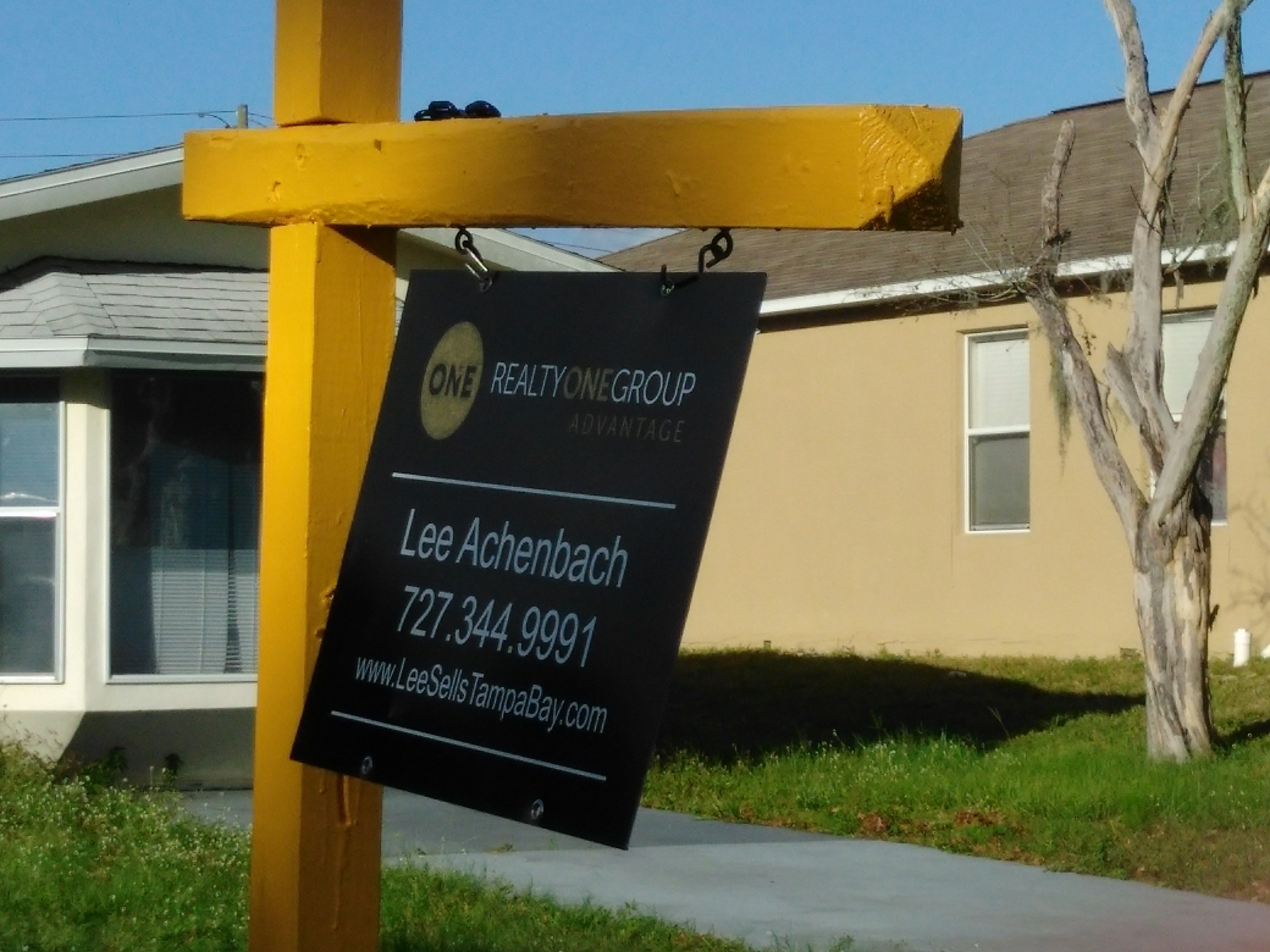In order to build a lasting private hard money lending or mortgage broker business we must follow a lot of different rules and regulations.
While researching private mortgage loans in Tampa I found only one lender who was willing to lend to homeowners (borrower lives or intends to occupy a principal home) .
I was expecting this and here is why.
First, loans made to non owner occupants can be exempt for mortgage licensing requirements in Florida and many other states.
They may also be exempt from the very restrictive ability to repay / high cost regulations under The Dodd-Frank Act and many other regulations.
Second when these lenders consulted attorneys they were told never to lend to owner occupants because of the Dodd Frank Act.
Here is some irony for you
Unlike some other mortgage rules, the ATR/QM rule is not limited to first liens or to loans on primary residences
III. What transactions are covered by
the ATR/QM rule? (§ 1026.43(a)), page 11, https://files.consumerfinance.gov/f/201310_cfpb_atr-qm-small-entity_compliance-guide.pdf
Most attorneys that don’t practice in compliance know very little about lending and real estate.
The truth is making hard equity loans to homeowners is allowed under the regulations when proper steps are followed.
- Standard mortgage loan disclosure documents issued to consumer.
- Additional High Cost Mortgage disclosure issued
- Approved High Cost Homeownership counseling list issued and counseling is completed by consumer.
- Ability to repay is underwritten and documented in file
When can a high cost loan still be considered a Qualified Mortgage?
When ability to repay regulations are followed
Note that the Bureau’s Ability-to-Repay/Qualified Mortgage Rule allows for a loan that meets the criteria for a qualified mortgage but that is a high-cost mortgage because of its APR to be considered a qualified mortgage. Thus, it is possible for a loan with a rate that exceeds the HOEPA rate threshold to be a qualified mortgage if the loan otherwise meets the qualified mortgage criteria
4.4.1 Closed-end credit transactions (§§ 1026.34(a)(4) and
1026.43), https://files.consumerfinance.gov/f/201603_cfpb_hoepa-compliance-guide.pdf, page 33
Ability to Repay Qualified Mortgage Rule Discussion
Generally you have to document the borrowers residual income considering all debt including the subject loan and subordinate financing.
You must consider credit history.
The rule does not say it has to be good, you just have to run credit and discuss issues with your customer
There are 8 criteria that must be met to comply with the ATR / QM rule.
- Borrower income and or assets to repay the loan
- Employment status if employment is relied upon to repay mortgage
- Monthly payment for this loan
- Simultaneous financing payments on subject property
- Property taxes, insurance, condo or HOA fees
- Alimony, child support and other debts
- Monthly debt to income ratio and residual income
- Credit History
QM Rule
Generally QM loans must not have negative features such as prepayment penalties , balloon payments, interest only, terms longer than 30 years. Late payment fees greater than 4%.
There are some exceptions and exempt loans. You can find those in the guide referenced below.
There are some fee limitations if you want your loans to fall in this QM category.
I found it extremely interesting you could fund low fee cheap hard equity loans with extremely high APR’s and classify them as QM.
In theory if you did this you could sell off the paper following a holding schedule to the mass market or another small lender / servicer with no timing restrictions.
Use this tool to calculate the rate spread limits over the APOR https://ffiec.cfpb.gov/tools/rate-spread




